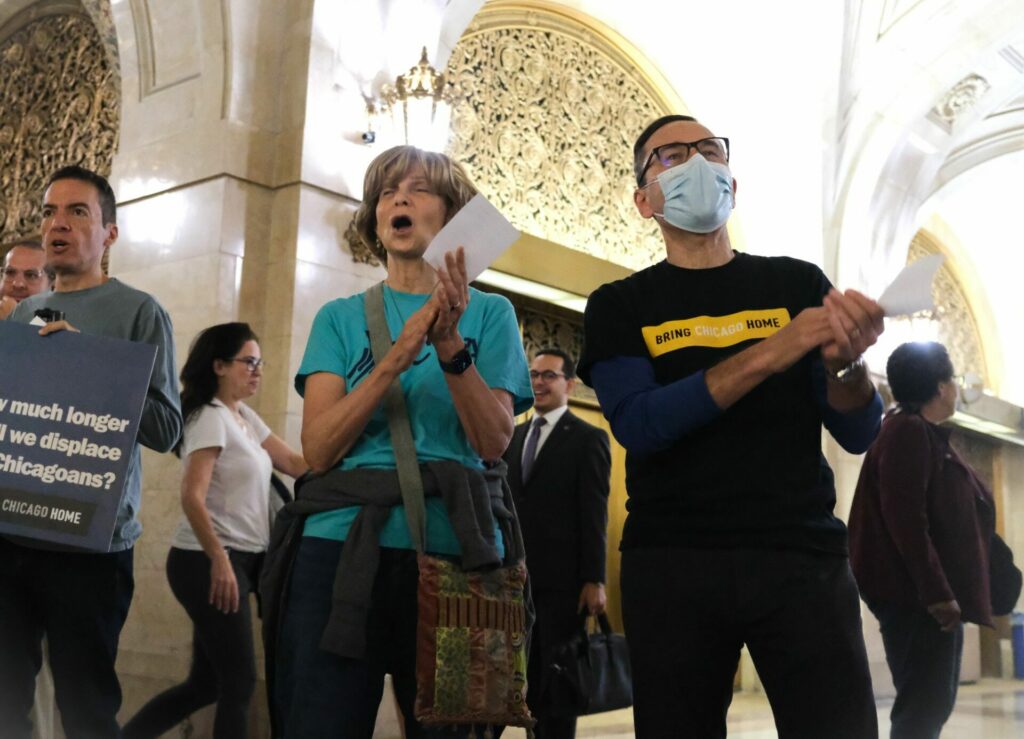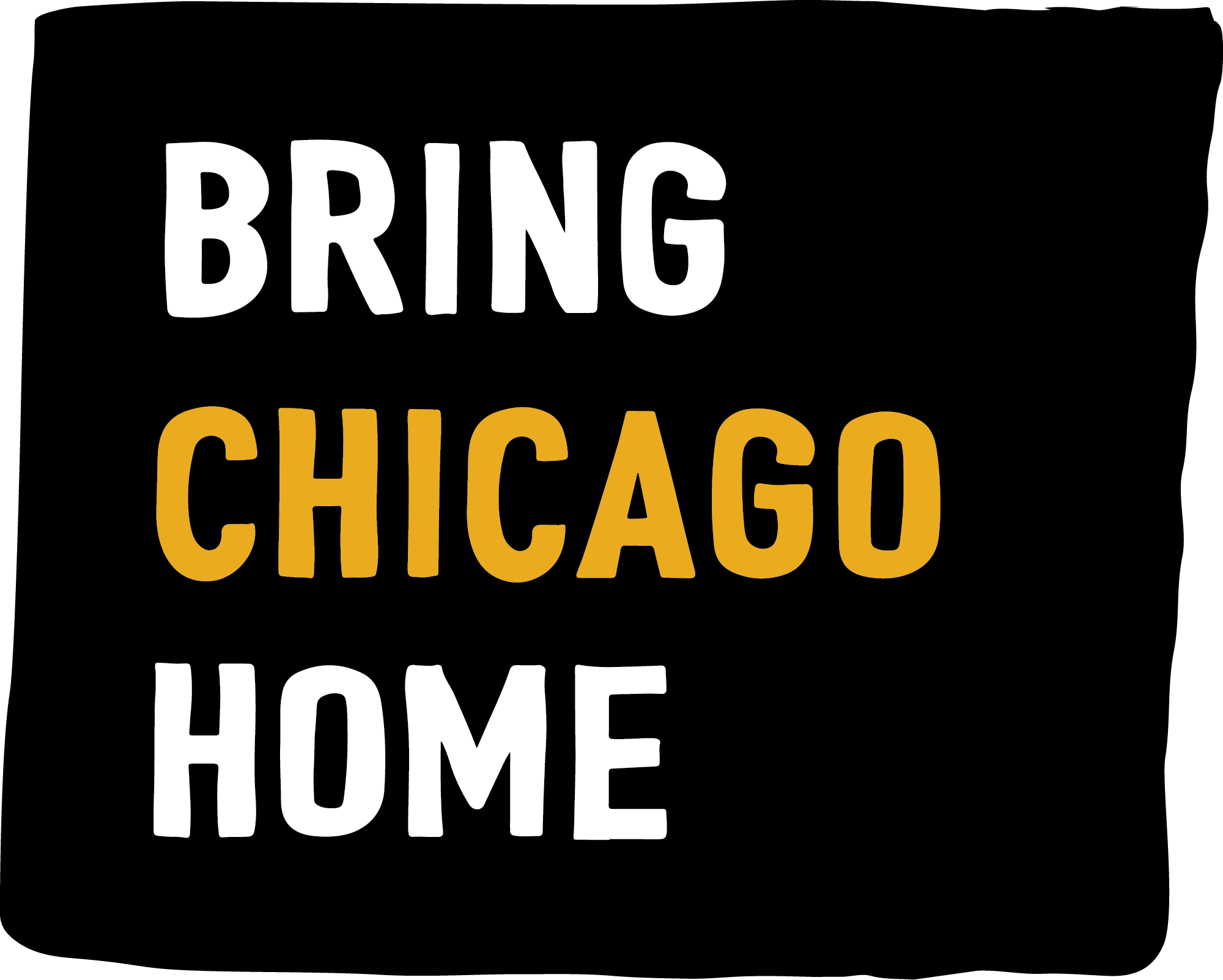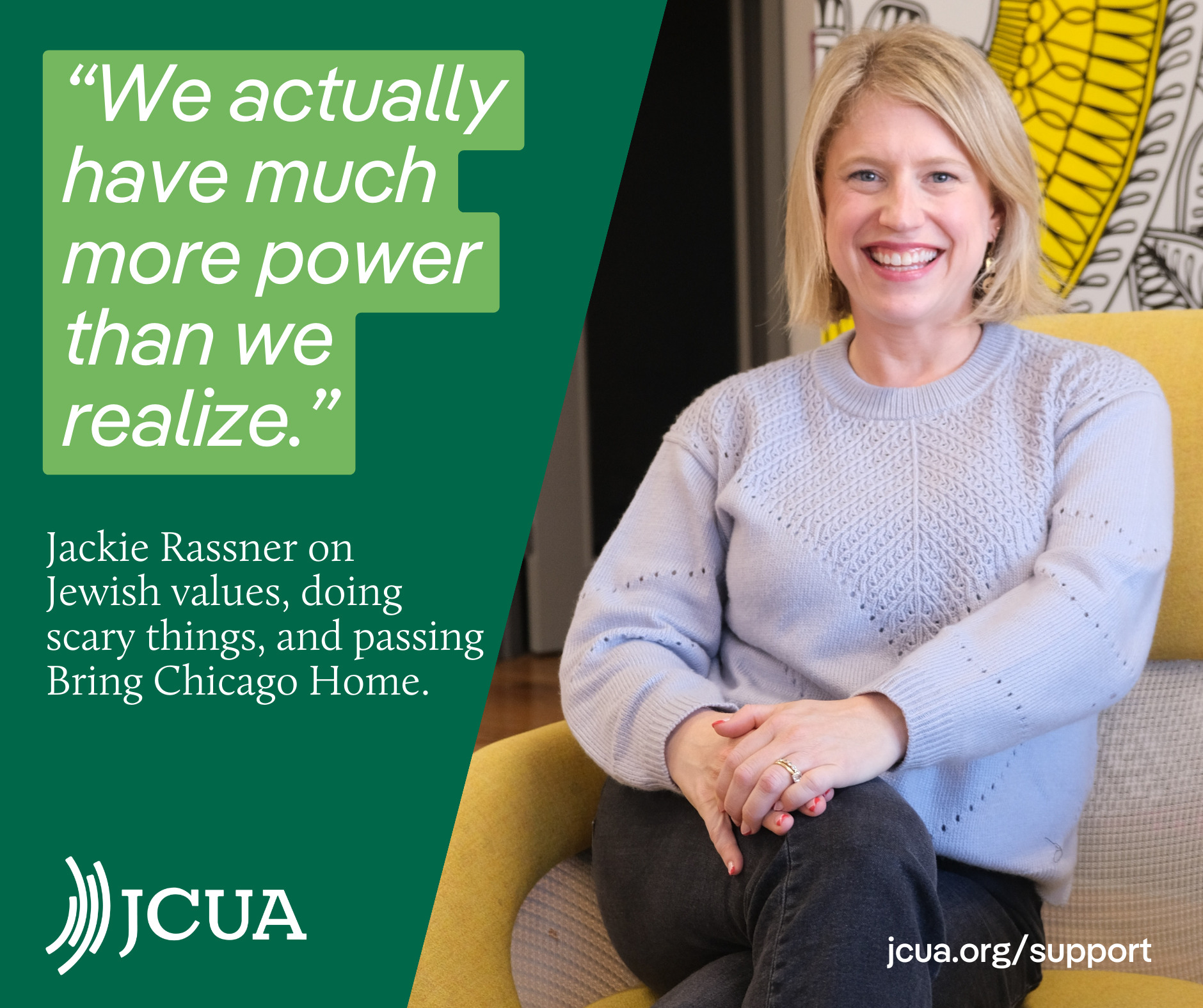Why Bring Chicago Home makes moral — and business — sense

Chicagoans heading to the polls for the Illinois primary will find an important initiative at the end of their ballot. The dense legalese of the four-paragraph binding referendum may put off some voters who find it too complicated.
The simple version, however, is that this referendum summarizes what has been known as the “Bring Chicago Home” proposal.
If passed, Bring Chicago Home would increase the one-time tax levied on high-end property sales in Chicago. It would specifically earmark this revenue to address homelessness, by building more affordable housing and providing unhoused Chicagoans with wraparound services like mental healthcare and job training.
We Chicagoans like to talk about living in a city that is welcoming and cares about all of its residents. In reality though, compared to New York City and Los Angeles, Chicago provides less than a tenth of the resources per capita to eliminate homelessness. Bring Chicago Home will change that by providing a stable source of dedicated funding to address homelessness in our city.
Although it has been misrepresented by some groups as a property tax, it is not. It isn’t even a new tax. The proposal simply restructures the existing Real Estate Transfer Tax by making it graduated and marginal. The ballot question proposes increasing taxes only on properties bought for more than $1 million, which means that 93% of home buyers in Chicago will see a tax cut.
There are many reasons that every Chicagoan should want to vote “YES” on the initiative. More than 4,000 people are sleeping on the streets and in shelters every night in Chicago; untold more are “doubling up” — sleeping in their cars or on the couch of a friend or family member. Chicago Public Schools have documented that 20,000 children in the school system do not have stable housing. No one should have to live like this in one of the world’s great cities. Our long failure to take action to ensure that everyone has access to affordable housing is a moral failure and reflects poorly on our community.
Unfortunately, real estate groups such as the Chicago Association of Realtors are actively opposing passage of this referendum, claiming that it would adversely impact the business climate or discourage wealthy homeowners from moving to the city. This argument is misguided and myopic.
First, the financial costs of homelessness are real and measurable. As a physician, I know that people experiencing homelessness develop higher rates of hypertension, diabetes, HIV, and other preventable chronic illnesses. Studies have shown that over a third of the people treated in Emergency Departments are persons experiencing homelessness — there not because of an acute medical illness but because this is the only shelter available to them.
Providing permanent supportive housing has been shown in multiple cities to reduce healthcare costs borne by the public by over 59%. In addition, there are numerous hidden costs to not addressing homelessness: the adverse impact on tourism, the additional Chicago police officers providing social services instead of addressing crime, the businesses that choose to relocate to cities that are perceived to be safer or more stable.
This situation is not simply a humanitarian failing; persistent homelessness actively undermines our reputation and standing as “the city that works.”
Voting against the Bring Chicago Home initiative is a bad economic decision, placing short-term gain over the value of long-term investments. Smart business people know better.
By addressing homelessness with humane, evidence-based solutions, the Bring Chicago Home initiative will help make Chicago a more attractive place to work and live for all of our residents. Voting “Yes” on Ballot Question 1 on the March 19 ballot is in the best interest of the residents and the businesses of our city.
Steve Rothschild is a physician at Rush University Medical Center and the Board Secretary of the Jewish Council on Urban Affairs (JCUA).




